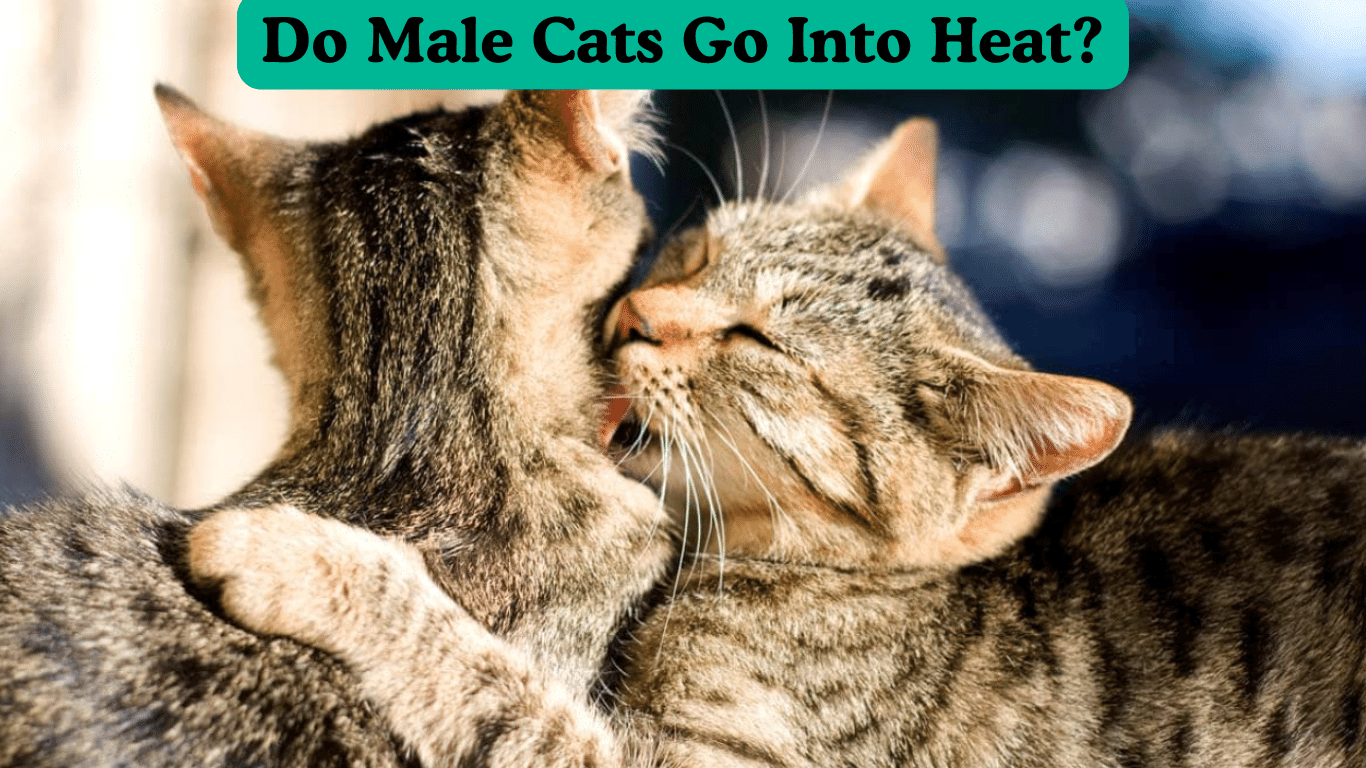Introduction
Understanding feline behavior, especially in relation to mating and reproduction, can be a bit perplexing for cat owners. As someone who has spent a lot of time around cats and researched their behaviors, I can tell you that knowing the ins and outs of your cat’s actions can help you provide better care and foster a happier home environment.
Table of Contents
Understanding Feline Reproductive Behavior
When it comes to reproductive behavior in cats, there are significant differences between males and females. Female cats go through heat cycles, also known as estrus, where they become receptive to mating. This is a well-known fact among cat enthusiasts, but what about male cats? Do male cats go into heat too?
Do Male Cats Go Into Heat?
The short answer is no, male cats do not go into heat. The concept of “heat” or “estrus” is specific to female cats. When a female cat is in heat, she exhibits behaviors indicating her readiness to mate, such as vocalizing, rolling on the floor, and becoming unusually affectionate.
Male Cat Mating Behavior
While male cats don’t go into heat, they do exhibit specific behaviors when they are ready to mate, especially if there is a female in heat nearby. Some common signs include increased roaming, more frequent meowing or yowling, and marking territory with strong-smelling urine. They become more active and sometimes more aggressive during this period.
How Male Cats Respond to Females in Heat
When a female cat in heat is nearby, male cats undergo noticeable behavioral changes. They become more vocal and restless, often pacing and searching for the female. Physically, their bodies may appear more tense, and they may exhibit signs of stress if they cannot reach the female.
Territorial Behavior in Male Cats
Male cats are highly territorial. During mating season, they mark their territory more aggressively to ward off other males and attract females. This can include spraying urine around the house and scratching furniture. Additionally, they may become more aggressive towards other males, leading to fights and injuries.
Health Implications of Mating Behavior in Male Cats
The intense behavior changes and aggression in male cats during mating seasons can lead to health issues. They are more prone to injuries from fights and may experience stress-related health problems. Ensuring regular veterinary check-ups and keeping an eye on their health is crucial during these times.
Managing Male Cat Behavior
One effective way to manage a male cat’s mating behavior is through neutering. Neutering not only reduces aggressive and territorial behaviors but also has significant health benefits, including a decreased risk of certain cancers. Environmental enrichment, such as providing toys and interactive playtime, can also help keep your cat occupied and reduce stress.
Dealing with Aggression in Male Cats
Aggression in male cats can be challenging to manage. Identifying the triggers, such as the presence of other males or the scent of a female in heat, is the first step. Providing separate spaces for cats and using calming products, like pheromone diffusers, can help reduce tension.
Myths About Male Cats and Heat
There are many myths about male cats and their behaviors. One common myth is that male cats go into heat, which, as we’ve clarified, is not true. Another myth is that neutering will completely eliminate all aggressive behaviors. While neutering significantly reduces these behaviors, it doesn’t entirely erase a cat’s natural instincts.
The Role of Neutering
Neutering plays a vital role in managing male cat behavior. It reduces the likelihood of roaming, marking territory, and fighting with other males. Additionally, neutered cats are often more affectionate and less stressed. The procedure also helps control the pet population, which is a significant benefit.
Environmental Factors Affecting Behavior
A cat’s environment plays a significant role in their behavior. Cats that are well-socialized and have plenty of stimuli in their environment tend to be happier and healthier. Providing a variety of toys, scratching posts, and safe spaces can make a big difference in your cat’s well-being.
Tips for Cat Owners
Understanding your male cat’s behavior and knowing how to manage it can lead to a more harmonious household. Providing plenty of physical and mental stimulation, ensuring regular veterinary care, and considering neutering are all important steps.
Consulting with Veterinarians
If your male cat’s behavior becomes unmanageable, consulting with a veterinarian is essential. They can provide professional advice and may suggest behavioral interventions or medical treatments. Regular check-ups can also help catch any health issues early, ensuring your cat stays healthy and happy.
Conclusion
While male cats don’t go into heat, their behavior during mating seasons can be quite intense. Understanding these behaviors and knowing how to manage them can help you provide better care for your feline friend. Neutering, providing a stimulating environment, and regular veterinary care are all key to managing your male cat’s behavior effectively.
FAQs
Do male cats have heat cycles?
No, male cats do not have heat cycles. Heat cycles are specific to female cats.
How can I tell if my male cat wants to mate?
Signs that your male cat wants to mate include increased roaming, more vocalizations, and marking territory with urine.
Can neutering change my cat’s behavior?
Yes, neutering can significantly reduce aggressive and territorial behaviors and generally makes male cats more affectionate and less stressed.
How can I reduce my male cat’s aggression?
Providing a stimulating environment, using calming products, and ensuring regular veterinary care can help reduce aggression in male cats.
What should I do if my male cat is spraying?
Spraying can be a sign of territorial behavior. Neutering can help reduce spraying, and providing a stress-free environment with plenty of stimulation can also be effective. Consult your vet for additional advice.

